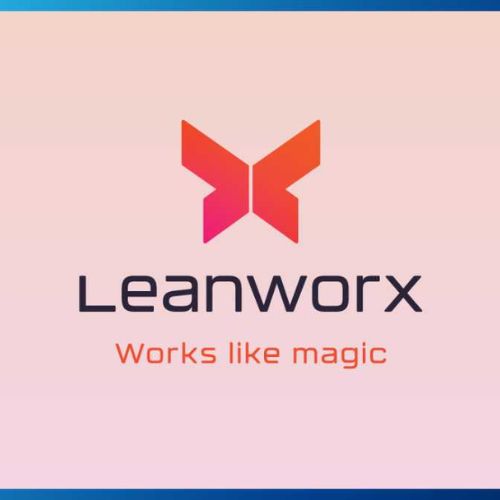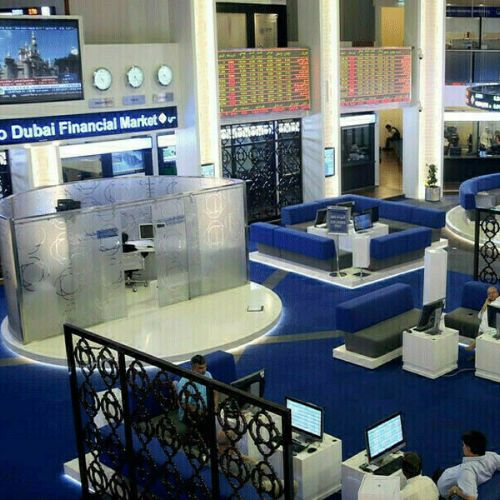Advanced regulatory frameworks and proactive crypto policies drive interest in the region.
The United Arab Emirates continues to enhance its regulatory frameworks and embrace cryptocurrency investments, rapidly making it a global hub for hedge funds, especially those focused on digital assets. This is attracting hedge funds from other regions, especially Asian and regional funds seeking safe investment environments as regulations in other parts of the world fluctuate.
PC: EDGE Architects
Managers of funds are designing numerous new digital asset products meant to cater to UAE investors and those across the whole Middle East. Most of the hedge funds are further involved in funding rounds regarding emerging firms in the region of digital assets within UAE. Notably, popular global decentralised finance (DeFi) platforms like Aave and Compound are going to launch services in UAE, enabling local investors in lending digital assets for earning returns.
According to Bitget CEO Gracy Chen, cited by Arabian Business, “the UAE is at the forefront as a global hedge fund hotspot.”Unlike the sometimes-volatile regulatory environments of some Asian countries, the UAE provides a stable framework that captures hedge funds seeking safe, compliant growth in crypto.” Bitget, a significant presence in the UAE, believes the country to be the leading hub for crypto innovation, outstripping many Asian markets in terms of an open approach to regulation, willingness to innovate, and a robust expatriate community.
Partnerships as the Road to Growth
Access to growth-oriented partners continues to be a critical enabler for crypto firms in the UAE. For regional hedge funds, regulatory clarity is more straightforward than it is for their US-focused peers, which makes the Middle East an alluring location for funds seeking to expand their digital asset offerings.
Alex Malkov, co-founder of Haqq Network, said the UAE has a very different approach to crypto regulation, pointing out measures that include the DMCC, which provided hedge funds and industry participants with essential resources and partnerships. Many hedge funds are also on the list of funding rounds with promising companies; Malkov said this will further accelerate the adoption of digital assets around the globe, especially in light of increasing interest in decentralised finance.
The new move by the UAE of granting full licences to crypto exchanges is another reason hedge funds are setting up shop in the country. Contrary to the United States, where many exchanges have had regulatory issues, the UAE has a stable environment for running crypto operations that has attracted investment from hedge funds.
“Tax-friendly policies and the strategic position of the UAE as a global financial centre allow for easy conversion of crypto into various currencies,” Chen said. All these favourable conditions have helped position the UAE as the go-to destination for startups and professionals keen on expanding their crypto networks.
The companies include Falcon Group and APEX Capital, while the Saudi Arabian Monetary Authority is not left behind. However, all these efforts are showing regional confidence in digital assets. According to DeFi popularity, Malkov describes the crypto environment in the UAE as “banking redefined,” an indication that the sector has great potential to redefine financial practices all over the world. Even hedge funds use staking as a low-risk method that gives competitive returns, compared to traditional banking.
As hedge funds continue to roll into the UAE, its strong regulatory landscape, coupled with tax incentives is likely to sustain long-term growth in the digital assets space.















